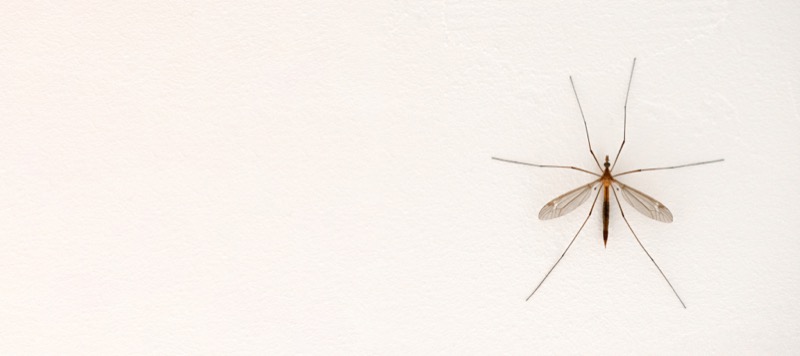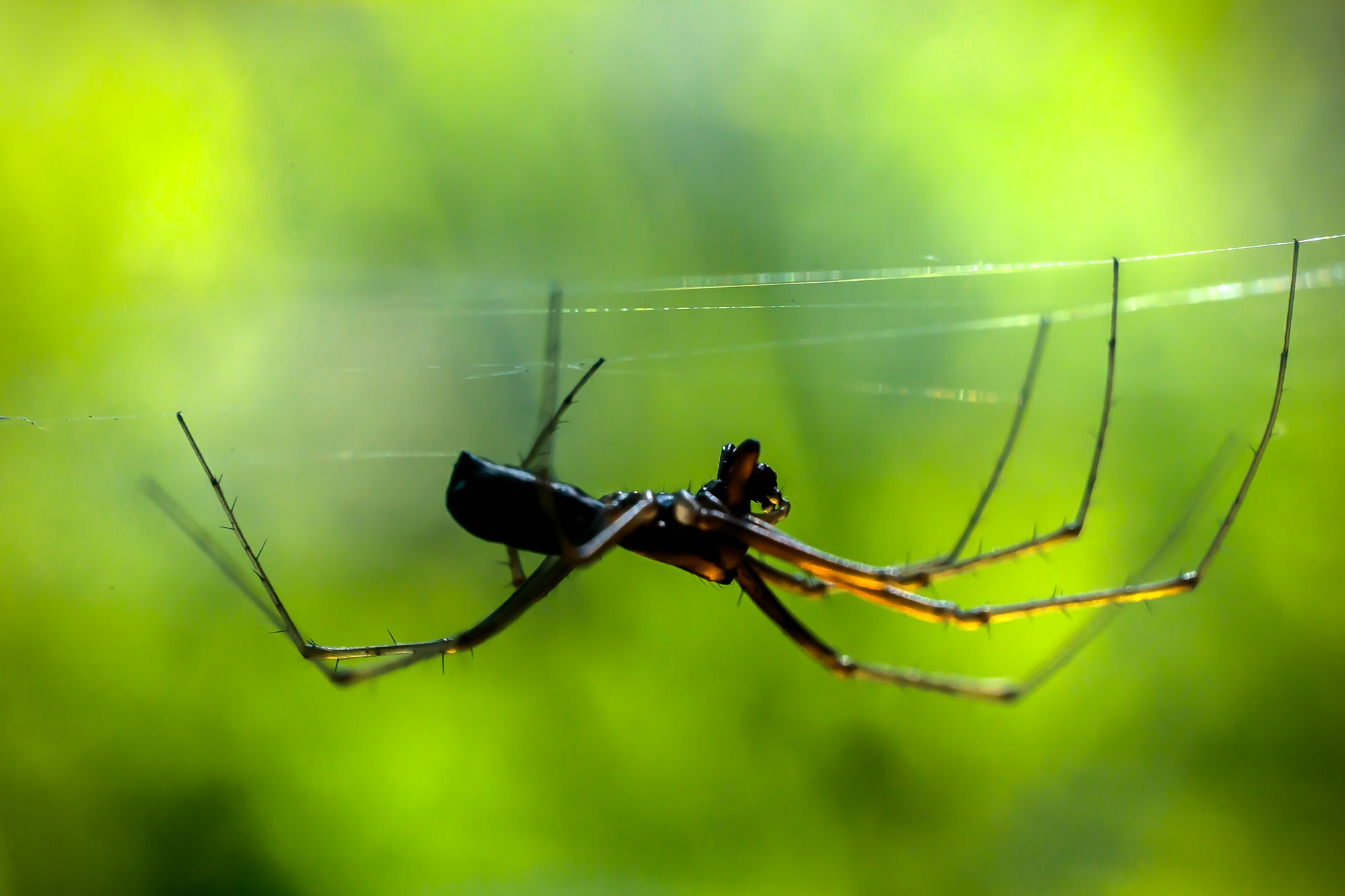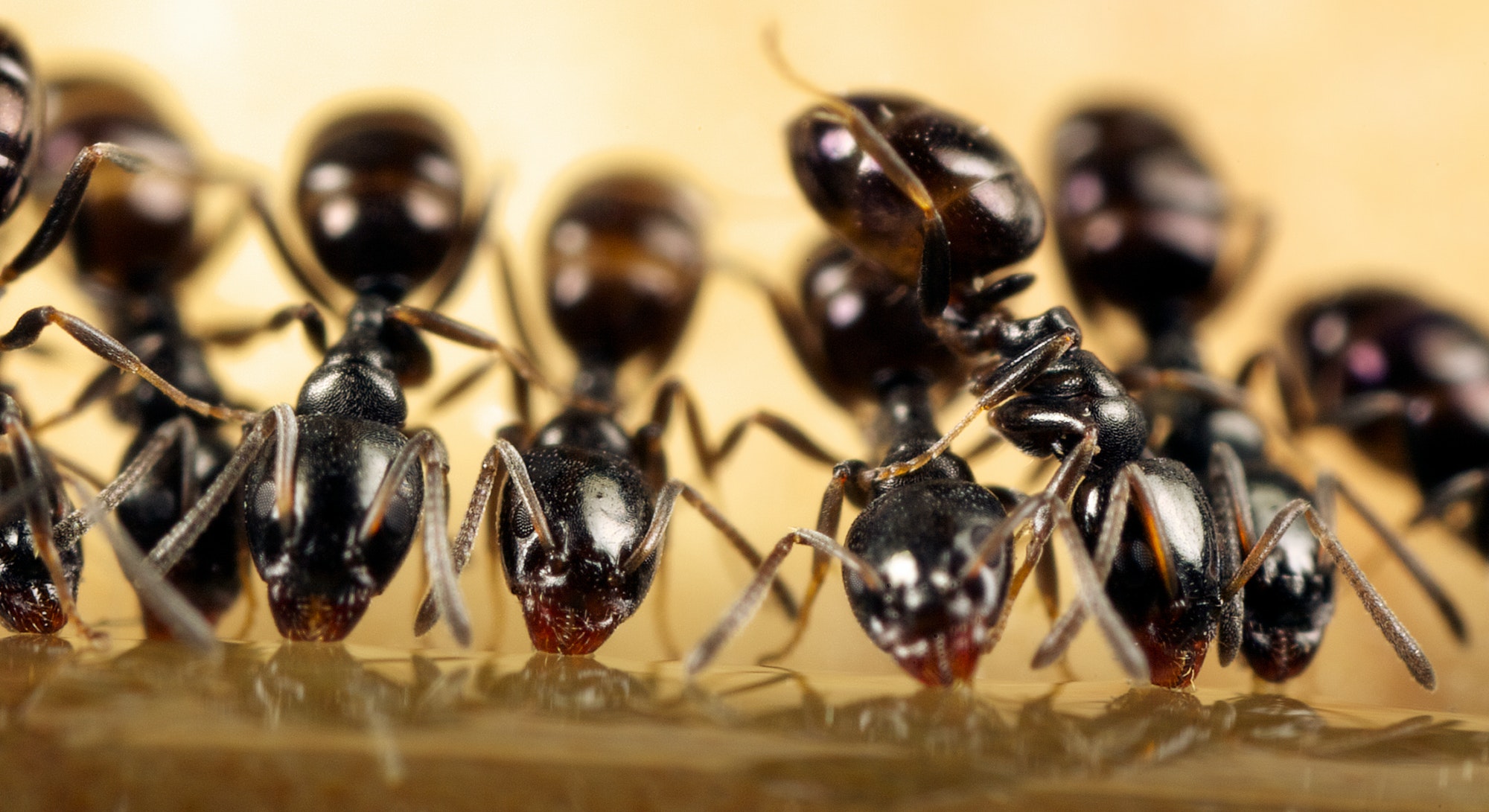Top Mosquito-Borne illnesses in The U.S
Growing up in the South Carolina, I never looked at mosquitoes as more than a nuisance. I lived near the coast and was constantly surrounded by standing water and mosquitoes. They were slightly annoying, but I quickly learned to ignore them. I really didn’t think much about them until I moved to Wyoming, where I had the opportunity of eating dinner with a family friend. While I was getting ready to leave, he, knowing I worked outside, warned me to wear plenty of bug spray. I replied that was used to a lot more mosquitoes in the wetlands back home than I had ever experienced in the prairies of Wyoming. He responded abruptly, “But I bet they don’t have West Nile Virus where you’re from.” He then told me how a year earlier he had almost lost his life to that disease.
Many Americans share my original sentiment. Too many believe that mosquito borne illnesses are only found in obscure, third-world nations half-way across the world. Zika Virus, West Nile Virus and Malaria are still a reality in even the most developed nations.
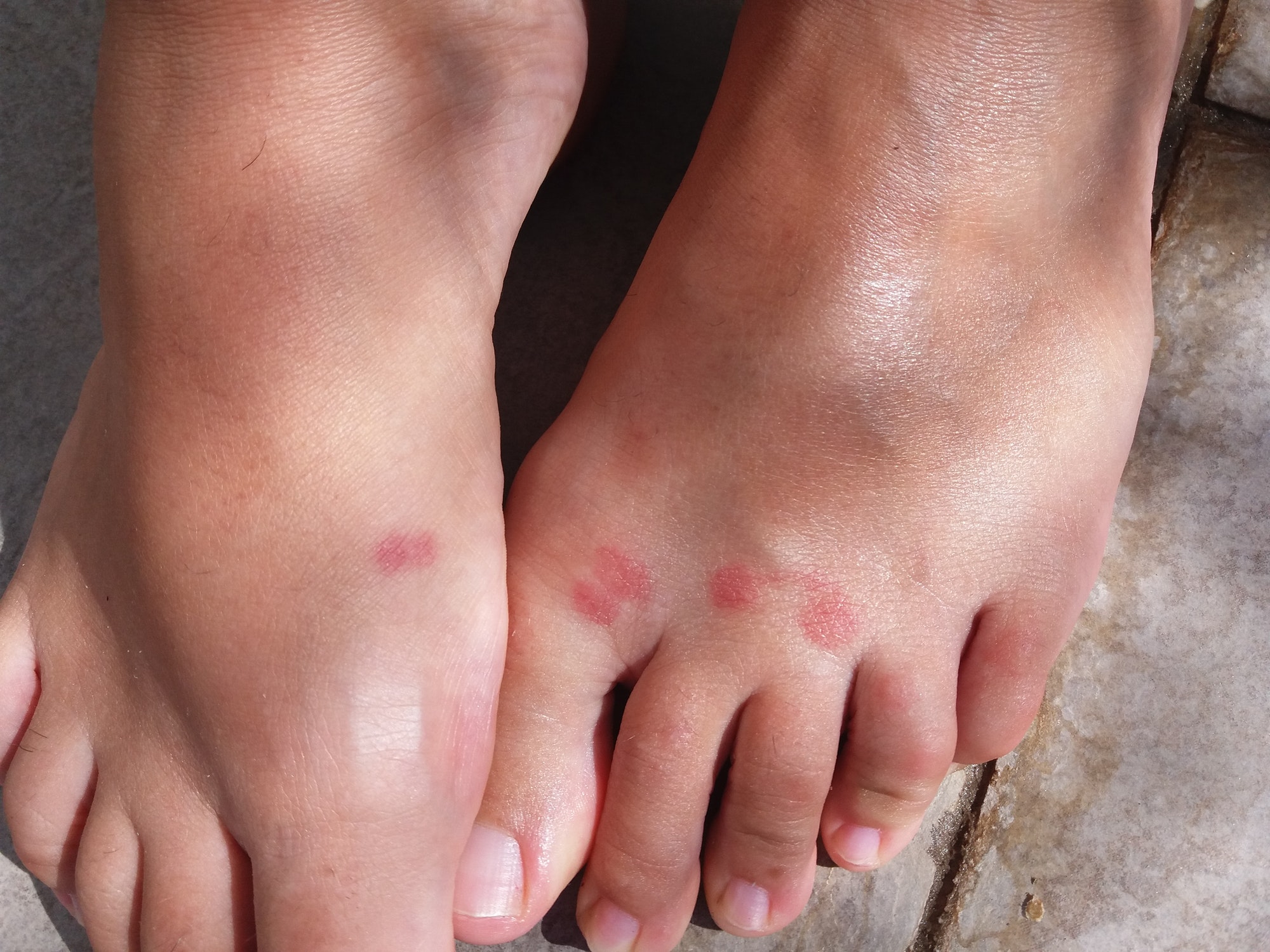
The CDC has presently identified and is monitoring closely the possibility of these diseases making a resurgence; especially in the mosquito-ridden areas in the southeast United States. These diseases can thrive anywhere where there are people to infect and mosquitoes to transmit.
In recent years, we have seen evidence of the need for caution. In 2016, the nation was shocked by the Zika Virus outbreak. Close to 40,000 Americans across the mainland and U.S. territories were infected by this disease. It was one of the first times in modern American history that a significant population of mosquito-borne disease cases has occurred.
Every state, regardless of population of people or mosquitoes all reported that there had been cases originating within their state. Though symptoms of this disease are frequently mild or nonexistent, it still carries a danger to unborn children. If a woman is infected during or prior to pregnancy, the Zika virus causes a condition known as microcephaly which can cause severe mental and developmental delay for the child.
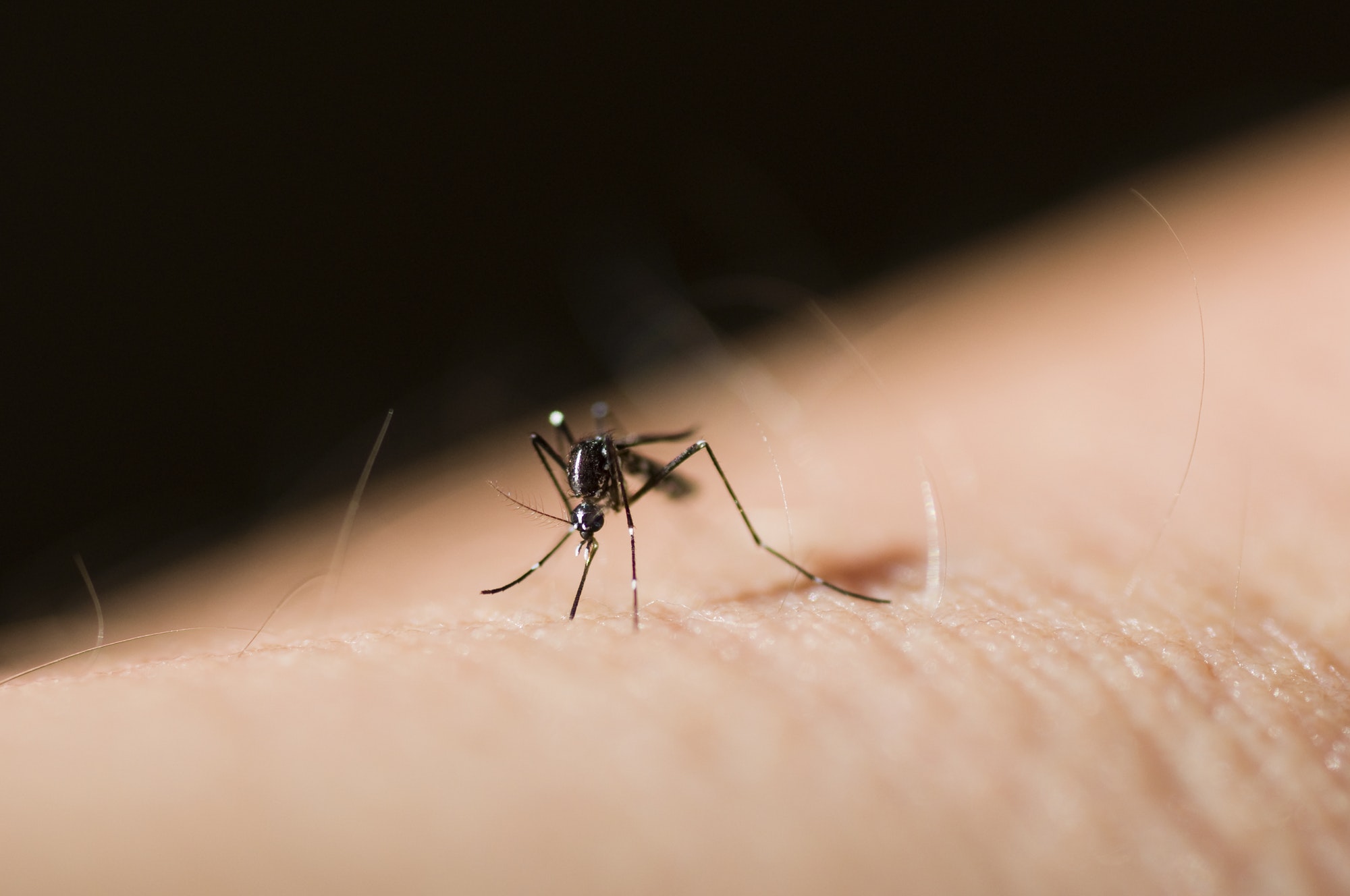
Presently, the greatest threat to Americans from mosquito borne illnesses comes from the West Nile Virus. It is now the most common vector borne disease in the United State with almost 3000 reported cases every year. This Disease is especially hard to isolate. Today, 8 out of 10 infected persons are asymptomatic which allows a population of infected mosquitoes to develop before the disease is recognized as endemic. For those who do developed symptoms, severe fevers, rashes, and vomiting are common and in severe cases encephalitis and death can occur.
Malaria though slightly less common than West Nile Virus, is still a formidable threat to world and American health. Malaria is one of the most common disease in developing nations and has a small but present influence in the United States, as well. There were close to 2000 reported cases of malaria originating the in the United States in 2018. Malaria can cause a number of symptoms ranging from acute liver failure to neurological complications. In the developing world it is considered one of the greatest threats to public health.
Mosquito-borne diseases are still a threat to public health even in developed nations. As we were reminded a few years ago by the Zika Virus, though we have made leaps and strides in the fight to eradicate these diseases they are still present and can quickly make a resurgence if given the opportunity. Though we live in relative safety compared to the rest of the world measures are still required to protect ourselves from the threat, West Nile Virus, Zika, and other mosquito borne disease carry.
